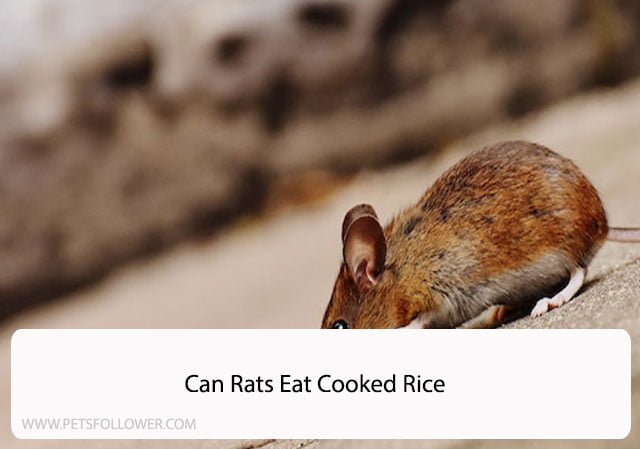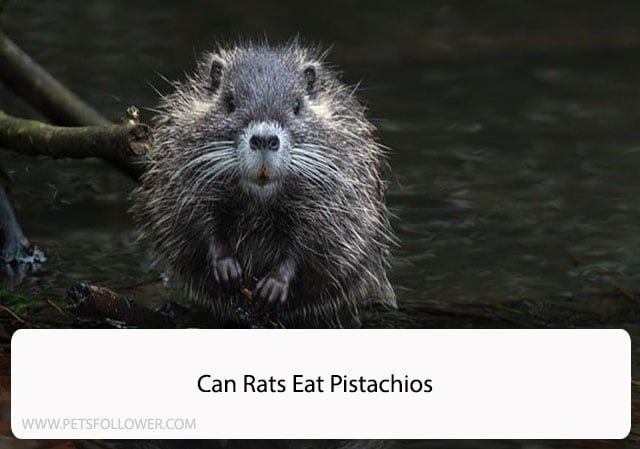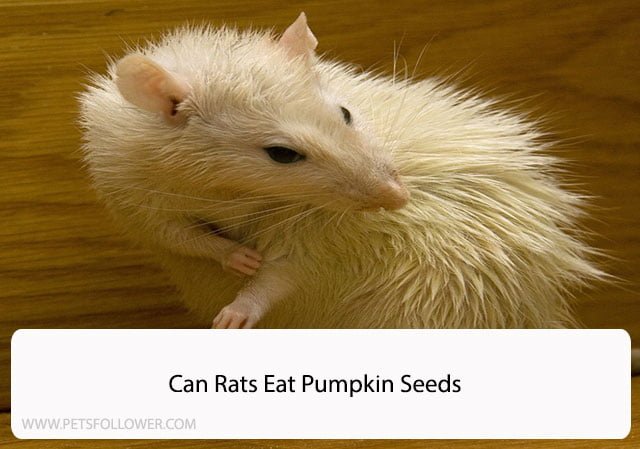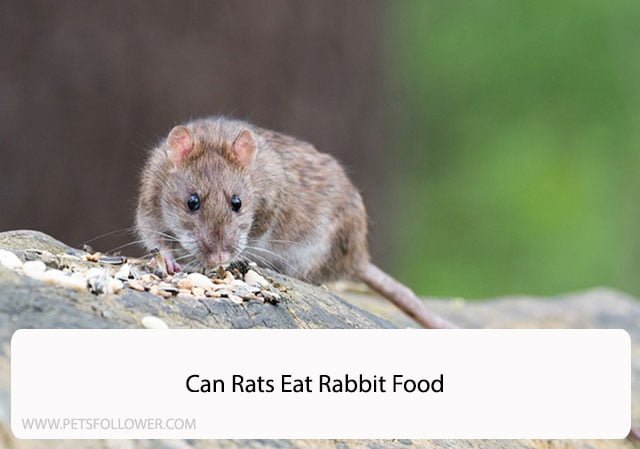Rats are known for their diverse and adaptable diet, which includes fruits, vegetables, grains, and even meat. However, not all foods are safe for rats to consume. One common question that arises among rat owners is whether rats can eat coconut.
Coconut is a tropical fruit that is rich in nutrients such as fiber, vitamins, and minerals. While it is a healthy food for humans, it is important to know whether it is safe for rats to eat. In this article, we will explore whether rats can eat coconut, and if so, in what form and quantity. We will also discuss the potential benefits and risks of feeding coconut to rats, as well as some alternative foods that can provide similar nutrients.
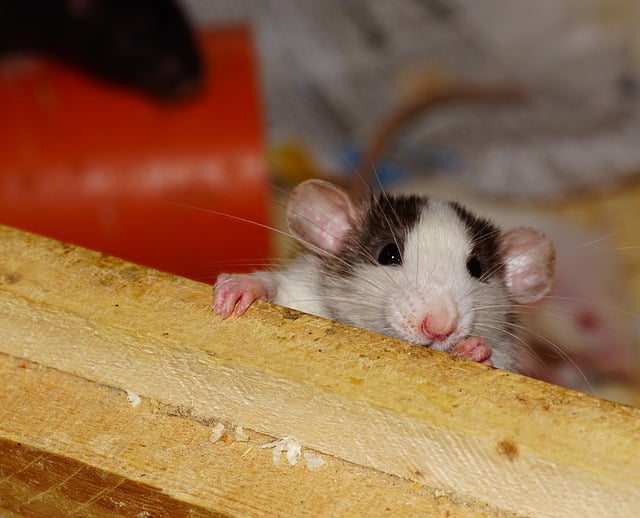
Understanding Rat’s Diet
When it comes to feeding your pet rat, it is important to understand their dietary needs. Rats are omnivores, meaning they eat both plant and animal-based foods. In the wild, rats will eat a variety of foods, including fruits, vegetables, seeds, nuts, insects, and small animals.
In captivity, rats should be fed a balanced diet that includes a combination of high-quality commercial rat food, fresh fruits and vegetables, and occasional treats. It is important to avoid feeding your rat foods that are high in fat, salt, and sugar, as these can lead to health problems such as obesity and diabetes.
When considering whether rats can eat coconut, it is important to keep in mind that coconut is a high-fat food. While rats can eat small amounts of coconut as an occasional treat, it should not make up a significant portion of their diet. It is also important to avoid feeding rats coconut that has been sweetened or contains other additives.
Overall, it is important to provide your pet rat with a varied and balanced diet that meets their nutritional needs. This can help ensure that they stay healthy and happy for years to come.
Coconut: A Brief Overview
Coconut is a tropical fruit that is widely used in cooking and is known for its versatility. It is native to Southeast Asia but is now grown in many tropical regions around the world. The coconut tree is also known as the “tree of life” because every part of the tree can be used in some way, from the roots to the leaves.
The coconut fruit is a large, round, brown fruit with a hard shell. Inside the shell, there is a white, fleshy meat that is rich in nutrients such as fiber, vitamins, and minerals. The coconut water, which is found inside the fruit, is a refreshing and hydrating beverage that is also rich in nutrients.
Coconut is used in many different ways in cooking, from sweet dishes like desserts and smoothies to savory dishes like curries and soups. It is also used to make coconut oil, which is used in cooking and as a natural moisturizer for the skin and hair.
In summary, coconut is a versatile and nutritious fruit that is widely used in cooking and has many health benefits. Its unique flavor and texture make it a popular ingredient in many different types of dishes.
Can Rats Eat Coconut?
Coconut is a delicious and healthy fruit that is enjoyed by many people around the world. However, as rat owners, we may wonder if our furry friends can also enjoy this tropical treat. In this section, we will explore whether or not rats can eat coconut.
The short answer is yes, rats can eat coconut. Coconut is not toxic to rats, and it can provide them with some nutritional benefits. Coconut is rich in fiber, which can help regulate a rat’s digestive system. It also contains medium-chain triglycerides (MCTs), which are a type of healthy fat that can provide rats with energy.
However, it is important to note that coconut should not be a primary part of a rat’s diet. Rats are omnivores, and they require a balanced diet that includes a variety of foods. Too much coconut can cause diarrhea in rats, so it should be given in moderation.
When feeding coconut to rats, it is important to remove the outer husk and the hard shell. Rats can choke on the shell, and the outer husk can be difficult for them to digest. The white flesh of the coconut can be given to rats in small pieces as a treat.
In conclusion, rats can safely eat coconut in moderation. While it can provide them with some nutritional benefits, it should not be a primary part of their diet. When feeding coconut to rats, be sure to remove the outer husk and hard shell and give it in small pieces as a treat.
Health Benefits of Coconut for Rats
Coconut is a nutritious and delicious fruit that can provide many health benefits for rats. Here are some of the ways in which coconut can be beneficial for our furry friends:
- Rich in nutrients: Coconut is a good source of vitamins, minerals, and antioxidants that can help support a rat’s overall health and well-being. Some of the key nutrients found in coconut include vitamin C, potassium, and magnesium.
- Improves digestion: Coconut contains medium-chain triglycerides (MCTs) that can help improve digestion and nutrient absorption in rats. MCTs are easily digested and metabolized by the body, making them a good source of energy for rats.
- Boosts immunity: Coconut contains lauric acid, which has antibacterial, antiviral, and antifungal properties. This can help boost a rat’s immune system and protect them from infections and illnesses.
- Supports skin and coat health: Coconut oil can be applied topically to a rat’s skin and coat to help moisturize and soothe dry, itchy skin. It can also help reduce inflammation and promote healthy skin and coat.
Overall, coconut can be a healthy and beneficial addition to a rat’s diet. However, it is important to feed coconut in moderation and as part of a balanced diet to ensure that rats are getting all the nutrients they need.

Potential Risks of Feeding Coconut to Rats
While coconut can be a healthy addition to a rat’s diet in moderation, it is important to be aware of the potential risks associated with feeding them too much.
One of the main concerns with feeding coconut to rats is its high fat content. While rats do require some fat in their diet, excessive amounts can lead to obesity and other health issues. Coconut also contains a significant amount of calories, so it is important to monitor the amount of coconut given to rats to ensure they are not consuming too much.
Another potential risk of feeding coconut to rats is its high fiber content. While fiber is important for digestive health, too much can lead to gastrointestinal issues such as diarrhea and bloating. This is especially true if rats are not used to consuming high amounts of fiber in their diet.
Lastly, coconut can be a choking hazard if not prepared properly. Rats should not be given whole coconut or large chunks as they may not be able to chew it properly. Instead, coconut should be grated or chopped into small pieces to make it easier for rats to consume.
Overall, while coconut can be a healthy addition to a rat’s diet, it is important to feed it in moderation and be aware of the potential risks associated with excessive consumption.
How to Safely Introduce Coconut to Rats
When it comes to introducing new foods to your pet rats, it’s important to do so carefully and thoughtfully. This is especially true when it comes to introducing coconut, as it may not be a familiar food to your rat. Here are some tips on how to safely introduce coconut to your rats.
Choosing the Right Coconut
When selecting a coconut for your rats, it’s important to choose one that is fresh and free from mold or other signs of spoilage. You can usually find fresh coconuts at your local grocery store or health food store. Look for coconuts that are heavy for their size and have no cracks or soft spots.
Preparing the Coconut
Before giving coconut to your rats, it’s important to prepare it properly. Start by removing the outer husk and cracking open the coconut. You can use a hammer or a coconut opener to do this. Once the coconut is open, remove the flesh and chop it into small pieces.
Portion Size and Frequency
When introducing coconut to your rats, it’s important to start with small portions and gradually increase the amount over time. A good rule of thumb is to offer no more than a teaspoon of coconut per rat per day. You can gradually increase this amount as your rats become more accustomed to the food.
It’s also important to keep in mind that coconut should not be a staple food in your rat’s diet. While it can be a healthy and nutritious treat, it should be offered in moderation. Too much coconut can lead to digestive issues, so it’s important to monitor your rats closely and adjust their diet accordingly.
By following these tips, you can safely introduce coconut to your rats and provide them with a healthy and tasty treat.
Alternatives to Coconut in Rat’s Diet
While coconut can be a healthy addition to a rat’s diet, it is not the only option. Here are some alternatives that can provide similar nutritional benefits:
1. Pumpkin Seeds
Pumpkin seeds are a great source of protein, healthy fats, and minerals like zinc and magnesium. They can be given to rats as a treat or added to their regular diet in moderation.
2. Cooked Quinoa
Quinoa is a gluten-free grain that is high in protein and fiber. Cooked quinoa can be mixed with veggies or served on its own as a nutritious meal for rats.
3. Blueberries
Blueberries are a tasty and nutritious fruit that rats can enjoy as a treat. They are low in calories and high in antioxidants, making them a great addition to a balanced diet.
4. Cooked Sweet Potato
Sweet potatoes are a good source of fiber, vitamins, and minerals. Cooked sweet potato can be served as a treat or mixed with other veggies for a nutritious meal.
5. Broccoli
Broccoli is a cruciferous vegetable that is packed with nutrients like vitamin C, vitamin K, and fiber. Rats can enjoy broccoli as a treat or mixed with other veggies for a nutritious meal.
Remember to introduce new foods slowly and in small amounts to avoid upsetting your rat’s digestive system. Additionally, always consult with a veterinarian before making any major changes to your rat’s diet.
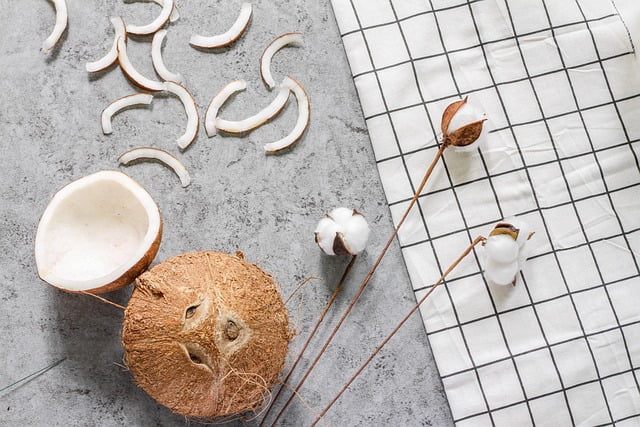
Frequently Asked Questions
Can rats eat pineapple?
Yes, rats can eat pineapple. Pineapple is a safe fruit for rats and can be a good source of vitamins and minerals. However, it should only be given to rats in moderation as it is high in sugar.
Can rats eat cashews?
Yes, rats can eat cashews. Cashews are a good source of protein and healthy fats for rats. However, like all nuts, they should be given to rats in moderation as they are high in fat.
Can rats have raisins?
Yes, rats can have raisins. Raisins are a good source of fiber and antioxidants for rats. However, they should only be given to rats in small amounts as they are high in sugar.
Can rabbits eat coconut?
Yes, rabbits can eat coconut. Coconut is a safe food for rabbits and can be a good source of healthy fats and fiber. However, it should only be given to rabbits in moderation as it is high in fat.
Do pet rats like coconut?
Some pet rats may enjoy coconut, while others may not be interested in it. It is important to remember that all rats have their own individual preferences when it comes to food.
Can rats eat coconut milk?
Yes, rats can eat coconut milk. However, it should only be given to rats in moderation as it is high in fat. It is also important to choose unsweetened coconut milk, as sweetened coconut milk can contain added sugars that are not healthy for rats.



